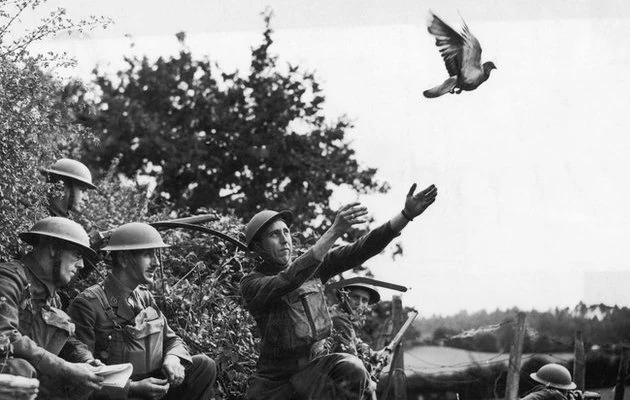Monday, March 30, 2020
8 Values Key Post
While reading about the eight values of free expression, I was most interested by the ‘protect dissent’ value. I think that this is extremely important, as it not only gives the people a voice, but it can also sway the actions that the U.S. government takes.
If it were not for this, I think that we would be living in a very different country. There is a lot of corruption from both parties at the state and federal levels, and it is important to hold the people that represent the ordinary citizens accountable for their actions, a good example of this would be people calling for Trump to release his tax returns. While he said that he will not do so, this has at least made it obvious that he is most likely not paying all of his taxes, and he can now be criticized for it. If voters want transparency, they have the right to call for it and criticize and likely not vote for politicians if they refuse.
It is also important to criticize the actions of the government as a whole. The Vietnam War was one of the worst decisions that the government made in the 20th Century, and had there been no pressure from the public to pull out, the government might have decided to stay engaged for longer, which would have resulted in the deaths of even more U.S. soldiers.
More recently, the U.S. has been inching closer to legalizing marijuana on a federal level, and many states have already legalized it. This is due to public criticism that people should not be punished for using a relatively harmless substance. If it were not for people criticizing the outlaw and harsh policies that come with it, we may have never seen it legalized in a single state.
Other countries such as China do not have the ability to criticize their government without fear of being punished, which, in turn gives the government even more power to do what they want without any fear of retaliation from the public. This is a large reason that Hong Kong does not want to be incorporated into mainland China, for fear of losing rights like this.
I think that overall, this is an extremely important right to have, and can actually be beneficial to the government as well as the people, as dissent may cause the government to be more transparent and take more ethical routes of action, therefore building a better relationship with its citizens.
Monday, March 23, 2020
Week 7
While watching the group presentations, I was particularly fascinated by the history of the carrier pigeon. I decided to do some research of my own to learn more about the topic.
I was most fascinated by their heavy use in World War One, as over 100,000 pigeons were used by both sides. They are an often overlooked part of the war but they played an instrumental role, sending messages from the front lines and have over a ninety-five percent success rate of arriving at their desired destination.
The main reason for their popularity was that while telecommunications were preferred for their efficiency, sometimes troops moved past the point where lines were laid. Also, difficult terrain made it impossible to lay said line in some situations.
A notable carrier pigeon was named Cher Ami. In total, he flew telve missions, but the most important came when Major Charles Whittlesey found him and himself surrounded by encroaching German troops. Thinking that all was lost, he sent his only pigeon to ask for backup. Eventually the US troops began supporting him and his men with artillery fire, but it was incorrectly targeted on Whittlesey’s position. He sent Cher Ami back to his commander, but watched his pigeon get shot down. Miraculously, the bird got back up and completed his mission saving over 200 soldiers from certain death.
I think that this is such an interesting part about the first world war, and I think that this should be taught in schools more. Pigeons aren’t necessarily known for their intelligence but this highlights the fact that they are much more intelligent than we give them credit for.
Sources:
http://www.armedforcesmuseum.com/carrier-pigeons-used-during-world-war-i/
Subscribe to:
Comments (Atom)
